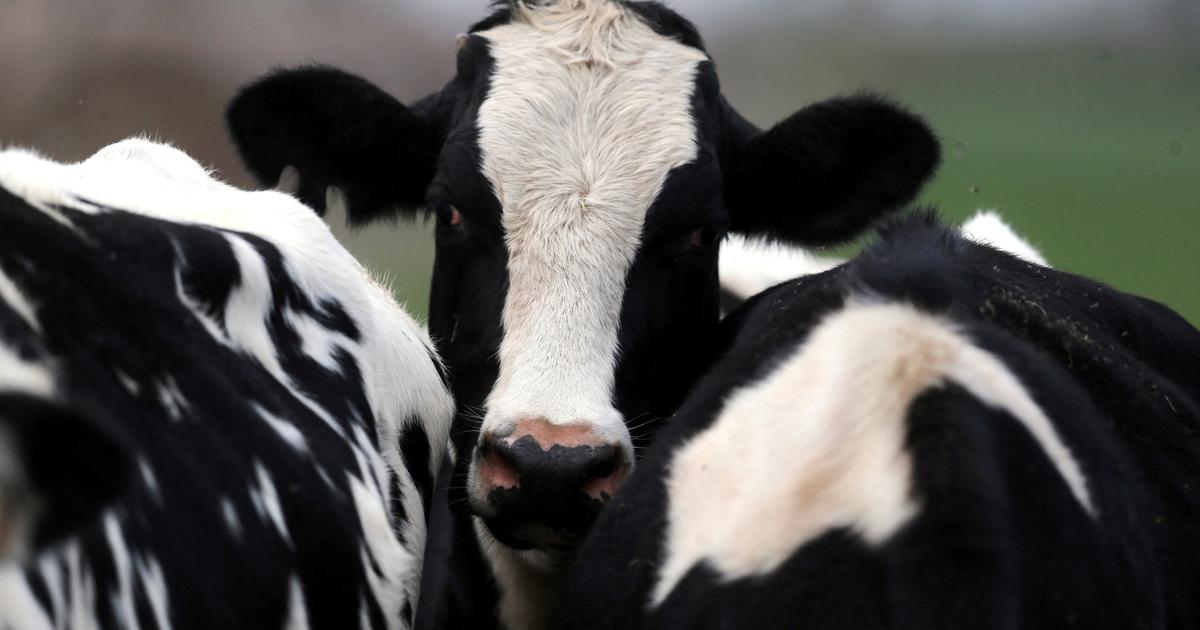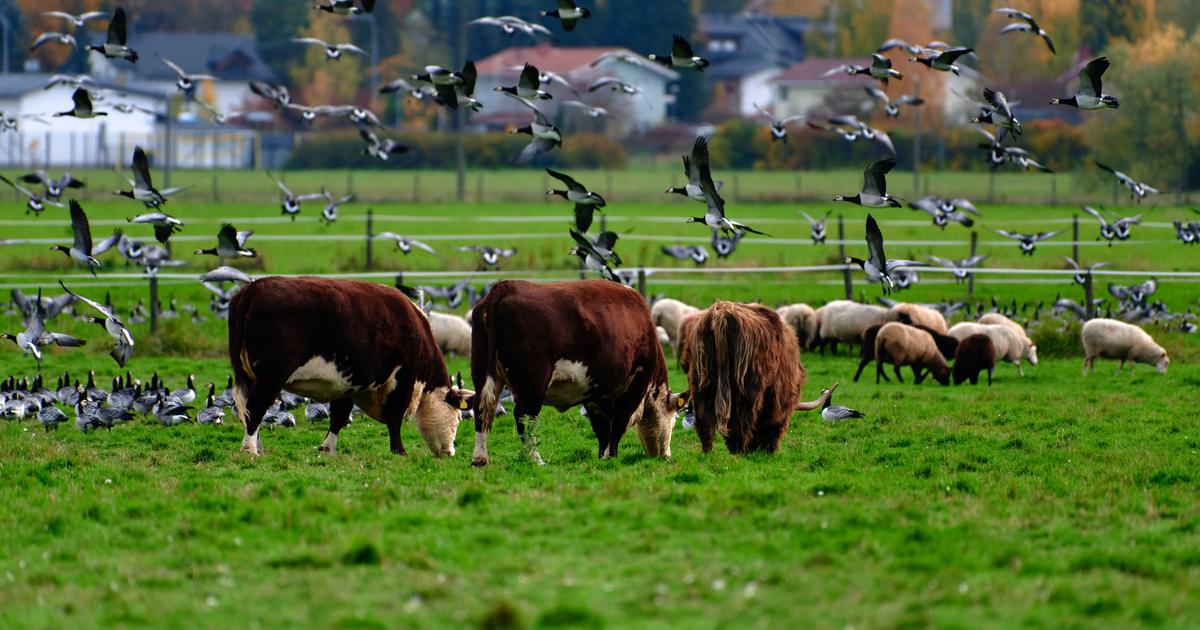Another setback for Molnupiravir.
The High Authority for Health announced on Friday, December 10 that it did not authorize the distribution in France of Molnupiravir, Merck's antiviral treatment against Covid-19.
The HAS considers in particular that the lack of efficacy of the treatment (30% reduction in the risk of progression to the severe form of Covid-19) "would risk causing a loss of opportunity for patients, who would not be treated" by another more effective drug.
An EMA decision still awaited
As a result, this treatment, which was to be used from December will not be used in France, despite the hopes it had initially raised.
"At the end of the year, the situation will change," assured the Minister of Health and Solidarity on November 25, referring to the arrival of Molnupiravir, of which 50,000 doses were initially ordered to treat symptomatic patients at risk of developing a serious form of Covid-19.
Read alsoCovid-19: why the Merck pill cannot replace vaccines
The Directorate General of Health, said "take note" of this decision in a press release published this Friday evening.
"Discussions with the European Medicines Agency (EMA) continue and a European decision on the marketing authorization application is expected at the beginning of 2022", however, we can read in the press release.
What about the 50,000 doses ordered?
"The nature of the contract provides for triggering orders only in the event of early authorization for deployment," reassures the DGS.
Astra Zeneca Evusheld authorized
Molnupiravir is an antiviral drug that decreases the ability of SARS-CoV-2 to multiply by “disrupting” its genetic material. Marketed under the name Lagevrio, it can already be used by European countries that wish it in the event of a strong epidemic wave, as is currently the case in France. An interim analysis, published on October 1, found that the treatment was 48% effective, but the final results communicated by the laboratory were disappointing, concluding that it was barely 30% effective against severe forms of the virus.
“Other treatments are under development and may be evaluated over the next few weeks,” notes the DGS.
Evusheld, an antiviral produced by Astra Zeneca for patients at very high risk of severe form of Covid-19.
It consists of a combination of monoclonal antibodies directed against the Spike protein of SARS-CoV-2, thus preventing it from entering and multiplying in human cells.
It is administered intramuscularly and its effectiveness is obtained 14 days after its administration, during which the patient is not yet protected.









